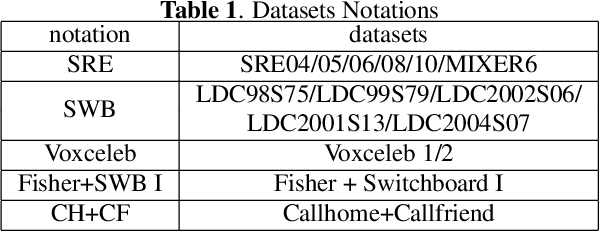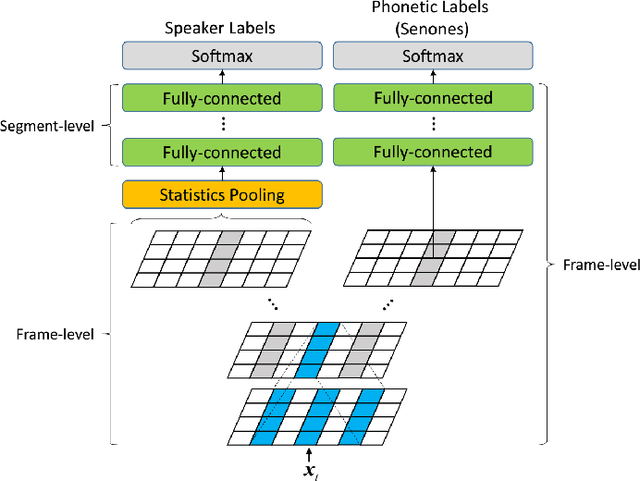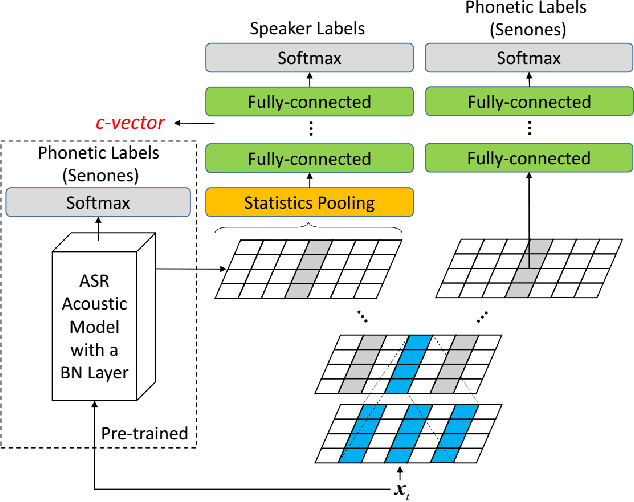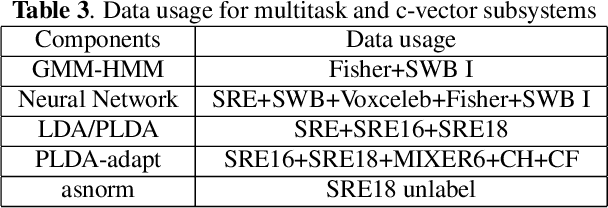Xianwei Zhang
EFIM: Efficient Serving of LLMs for Infilling Tasks with Improved KV Cache Reuse
May 29, 2025Abstract:Large language models (LLMs) are often used for infilling tasks, which involve predicting or generating missing information in a given text. These tasks typically require multiple interactions with similar context. To reduce the computation of repeated historical tokens, cross-request key-value (KV) cache reuse, a technique that stores and reuses intermediate computations, has become a crucial method in multi-round interactive services. However, in infilling tasks, the KV cache reuse is often hindered by the structure of the prompt format, which typically consists of a prefix and suffix relative to the insertion point. Specifically, the KV cache of the prefix or suffix part is frequently invalidated as the other part (suffix or prefix) is incrementally generated. To address the issue, we propose EFIM, a transformed prompt format of FIM to unleash the performance potential of KV cache reuse. Although the transformed prompt can solve the inefficiency, it exposes subtoken generation problems in current LLMs, where they have difficulty generating partial words accurately. Therefore, we introduce a fragment tokenization training method which splits text into multiple fragments before tokenization during data processing. Experiments on two representative LLMs show that LLM serving with EFIM can lower the latency by 52% and improve the throughput by 98% while maintaining the original infilling capability. EFIM's source code is publicly available at https://github.com/gty111/EFIM.
VecTrans: LLM Transformation Framework for Better Auto-vectorization on High-performance CPU
Mar 25, 2025Abstract:Large language models (LLMs) have demonstrated great capabilities in code generation, yet their effective application in compiler optimizations remains an open challenge due to issues such as hallucinations and a lack of domain-specific reasoning. Vectorization, a crucial optimization for enhancing code performance, often fails because of the compiler's inability to recognize complex code patterns, which commonly require extensive empirical expertise. LLMs, with their ability to capture intricate patterns, thus providing a promising solution to this challenge. This paper presents VecTrans, a novel framework that leverages LLMs to enhance compiler-based code vectorization. VecTrans first employs compiler analysis to identify potentially vectorizable code regions. It then utilizes an LLM to refactor these regions into patterns that are more amenable to the compiler's auto-vectorization. To ensure semantic correctness, VecTrans further integrates a hybrid validation mechanism at the intermediate representation (IR) level. With the above efforts, VecTrans combines the adaptability of LLMs with the precision of compiler vectorization, thereby effectively opening up the vectorization opportunities. Experimental results show that among all 50 TSVC functions unvectorizable by Clang, GCC, and BiShengCompiler, VecTrans successfully vectorizes 23 cases (46%) and achieves an average speedup of 2.02x, greatly surpassing state-of-the-art performance.
THUEE system description for NIST 2019 SRE CTS Challenge
Dec 25, 2019



Abstract:This paper describes the systems submitted by the department of electronic engineering, institute of microelectronics of Tsinghua university and TsingMicro Co. Ltd. (THUEE) to the NIST 2019 speaker recognition evaluation CTS challenge. Six subsystems, including etdnn/ams, ftdnn/as, eftdnn/ams, resnet, multitask and c-vector are developed in this evaluation.
 Add to Chrome
Add to Chrome Add to Firefox
Add to Firefox Add to Edge
Add to Edge